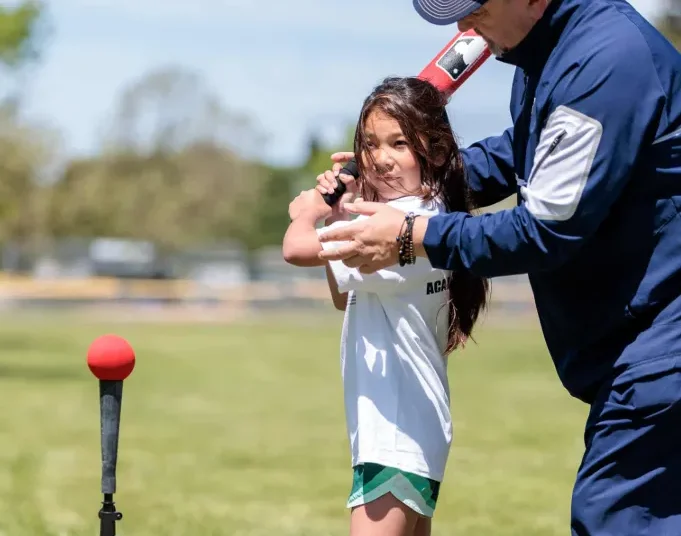In youth sports, every parent and coach wants to see their athletes play with confidence. But genuine confidence isn’t something that can be handed out with a trophy—it’s something that’s earned through effort, challenge, and growth.
A few years back, the idea of “building confidence” often meant giving out participation awards. The thought was that if every child felt rewarded, they’d develop stronger self-esteem. But in reality, this approach often has the opposite effect. Confidence doesn’t come from being told you’re great—it comes from proving to yourself that you can overcome something difficult.
The Lesson from a Tough Loss
Not long ago, my eight-year-old daughter competed in a school chess tournament. She worked hard all day, only to lose in the final round—just one step away from a trophy. She was crushed. During the awards ceremony, her disappointment was written all over her face.
When she received her participation ribbon, I thought it might help soften the blow. It didn’t. The first chance she got, she threw it away. She didn’t want a reminder of “almost.”
But later that evening, something changed. Instead of sulking, she began talking about what she could do differently next time—how she could study, practice, and come back stronger. That determination, that drive to improve, was far more valuable than any ribbon.
That’s the essence of real confidence. It’s not built by avoiding failure—it’s built by facing it, learning from it, and coming back ready to try again.
Why Baseball Is the Perfect Training Ground for Confidence
Baseball is full of opportunities to build this kind of resilience. It’s a game where even the best players fail often. Every strikeout, every error, every missed opportunity can either discourage an athlete—or strengthen their resolve to improve.
True confidence isn’t about believing you’re perfect. It’s about believing you can adapt, adjust, and overcome challenges. Psychologists call this self-efficacy—the belief that you have the ability to influence outcomes through your own effort.
Athletes with high self-efficacy are more persistent, more motivated, and better able to handle setbacks. They don’t crumble when things go wrong—they see challenges as chances to grow.
Four Proven Ways to Build True Confidence
Psychologist Albert Bandura identified four main ways to strengthen self-efficacy—and they apply perfectly to athletes.
1. Success Through Small Wins
Confidence grows with experience, not shortcuts. Set achievable goals and celebrate progress, no matter how small. Every clean fielding rep, well-placed pitch, or quality at-bat reinforces belief. Those little wins add up over time, turning uncertainty into confidence.
2. Learning from Others’ Success
When young athletes see teammates succeed, it creates a powerful mindset shift: If they can do it, so can I. This is one of the greatest benefits of team sports. As a player, I was never the biggest or the most talented. But when I learned advanced infield techniques from a former major leaguer in high school, everything changed. Seeing what was possible showed me that improvement wasn’t about talent—it was about work and persistence.
That’s the kind of environment we should create for young players: one where effort is visible, progress is shared, and success feels attainable.
3. Encouragement from Coaches and Mentors
The right words at the right time can change a player’s entire mindset. Great coaches don’t just correct mistakes—they build belief. They recognize small victories, keep setbacks in perspective, and help players see failure as part of growth.
When athletes are supported this way, they stop fearing mistakes. Instead, they start focusing on what they can do, which leads to better results on and off the field.
4. Managing Emotions Under Pressure
Even the most skilled athletes struggle with nerves and frustration. The difference between confidence and collapse often comes down to how players handle those emotions. Teaching kids how to stay calm, breathe, and refocus when things go wrong is one of the most valuable lessons sports can offer.
When players learn to manage their emotions, they stop seeing challenges as threats and start seeing them as opportunities.
Final Thoughts
Confidence isn’t about pretending to be fearless—it’s about building the courage to face fear and keep going anyway. Participation trophies may offer temporary comfort, but true self-belief comes from persistence, resilience, and earned success.
When young athletes experience hard work paying off, that confidence becomes real—and it stays with them long after the game ends.














